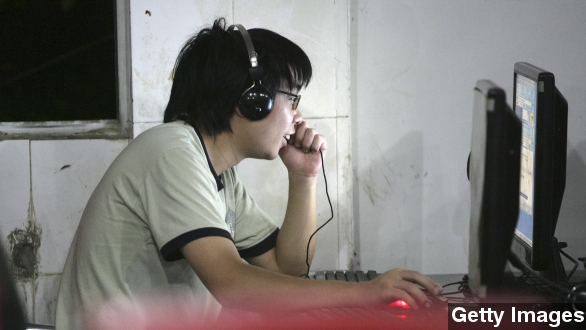In a groundbreaking study on Internet censorship in China, researchers from Harvard and UC San Diego have gone straight to the source — and built their own social network within the country.
China’s censorship machine has been studied before, but these researchers realized much of the blocking happens before any content is even published to the wider Internet.
So to get the best sample, they had to be inside the system. Setting up their own service gave them access to the same tools the Chinese government uses to censor material. (Video via BBC)
The insight was surprising: the researchers found China’s leadership generally tolerates and even values individual criticism of the government.
New Scientist quotes one of the researchers, who says it’s pushing for collective action that gets quashed. “They don't care what anybody says about them in and of itself. They care what people will do with that information.”
Ars Technica notes this might actually be backfiring on the government — censorship algorithms can throw up false flags.
“The overaggressive filtering was caused by the fact that pro-government posts are just as likely to include language about collective action as anti-government ones.”
The study also found censorship is different per platform — messaging service WeChat, for example, might use different tools and procedures than Sina Weibo’s microblog. A writer at Vice says this actually works in the government’s favor. (Video via The Wall Street Journal)
“It makes sense, if you think about it. China can maintain the illusion of not censoring posts if it's implemented on a slightly different basis by hundreds of companies throughout the country.”
The team’s findings are published in the journal Science.
This video contains images from Getty Images


